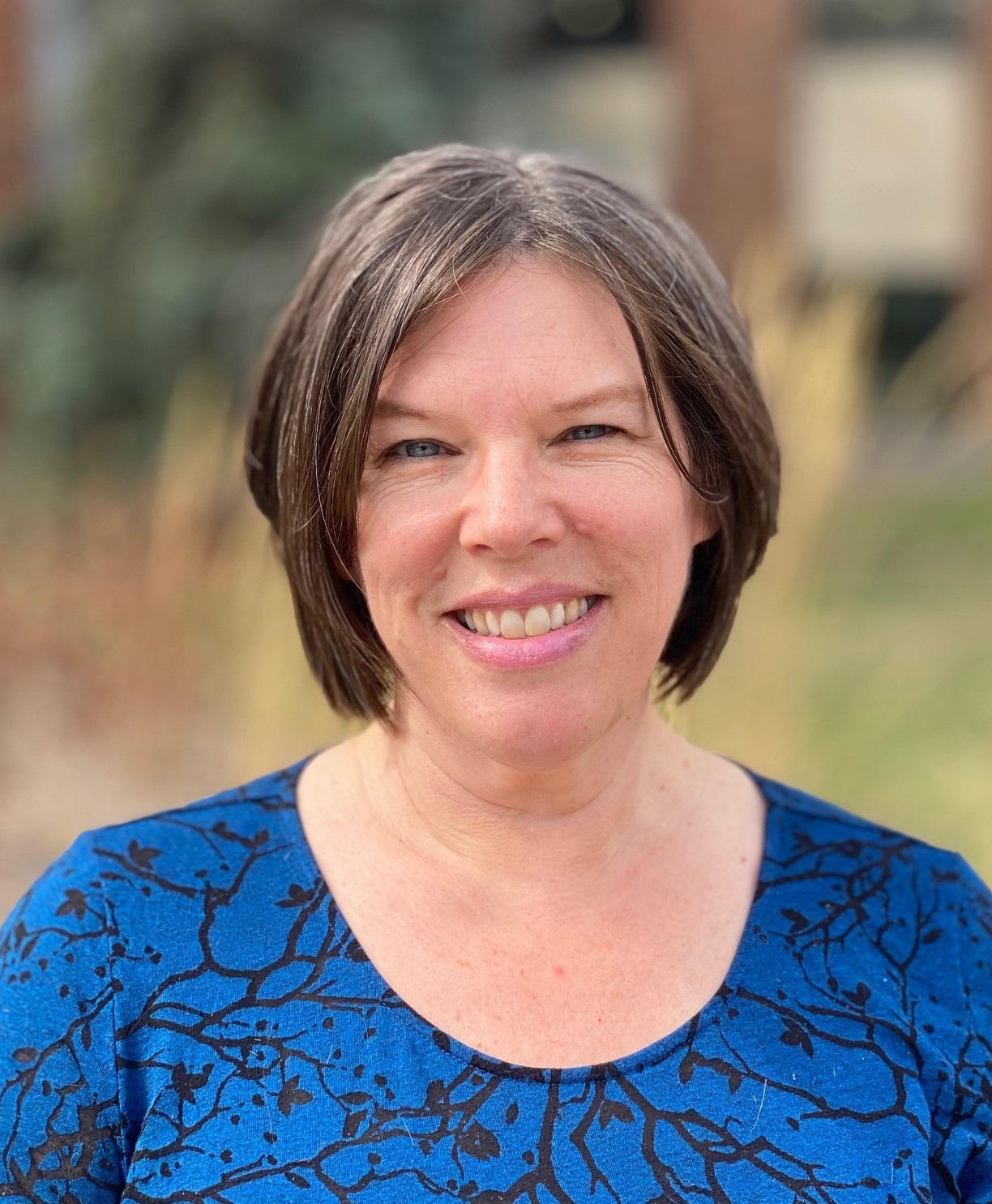Microbiologist Lisa Stein appointed associate dean (mentorship & awards) in the Faculty of Science
Donna McKinnon - 10 May 2023
Lisa Stein has been appointed to the Faculty of Science leadership team in the new role of associate dean (mentorship & awards) alongside Paul Myers, senior associate dean, research (strategic initiatives) and Jon Veinot, associate dean research (grants & innovation).
In a position that spans both research and teaching, Stein will develop mentoring programs for new faculty and postdoctoral fellows and will be working closely with early career researchers and mid-level faculty to increase grant funding success. More generally, Stein will support grant development and lead faculty award activities.
“For me, this is a ‘good news’ portfolio where I get to interact with our many talented researchers to elevate their day-to-day experience towards achieving their career goals,” says Stein.
As a climate change microbiologist in the Department of Biological Sciences since 2008, Stein’s research examines the physiological and ecological roles of microorganisms in the production and consumption of greenhouse gases. She admits ‘microbes’ can be a hard sell at times because of their diminutive size, but it’s a field of study she is passionate about.
“We owe our existence, now and in the future, to this invisible majority.”
Learn more about Stein and her work below.
What excites you most about taking on this new role, particularly as it’s focused on mentorship?
Just like students, academics who are beginning their appointments at the University of Alberta can feel overwhelmed and lost by the size of our institution. Also, particularly for early career people, balancing the many demands of a tenure track position is daunting, to say the least.
Between these two factors, it is vital to have an administrator who is focused on guiding academics along their path to help them feel supported to achieve maximum success. Mentorship comes in many forms, and my role as associate dean is to mentor faculty in research and teaching, provide programs for grant application development, recognize achievements with award nominations, and support our postdoctoral scholars. For me, this is a "good news" portfolio where I get to interact with our many talented researchers to elevate their day-to-day experience towards achieving their career goals.
What are the expectations for this position and what are the challenges, and/or what do you hope to achieve over the next few years?
One tangible expectation is to increase the application and success rates of our faculty in securing competitive research funds, which means guiding individual researchers towards relevant funding opportunities and supporting them in developing high quality applications. There is also a philosophical expectation, which is to create a culture in the Faculty of Science where individuals feel supported and valued in their research and teaching programs. The challenge for me is to foster that culture equally across a very diverse faculty so that we can build momentum and trust across all departments. My hope is to achieve a feeling of inclusivity and trust so that academics are comfortable leaning on the faculty for support at every stage of their career.
Please describe your current research.
I head the lab of Climate Change Microbiology where we examine the physiological and ecological roles of microorganisms in the production and consumption of greenhouse gases, mainly methane and nitrous oxide. Unlike carbon dioxide, methane and nitrous oxide emissions are almost entirely controlled by microbes! In the lab, we use omics-based approaches to define the metabolic pathways and environmental controls on microbial GHG emissions. We then use this information to design, optimize, and implement biological strategies to reduce emissions and remove atmospheric methane and nitrous oxide. For instance, we have a platform for methane bioconversion wherein we feed bacteria methane as a feedstock, and the bacteria produce value-added products like bioplastics and biofuel precursors. We are also testing plant-based molecules for inhibiting the microbial processes that produce nitrous oxide from fertilizers applied to agricultural soils.
What drew you to this area of research?
I fear that we are nearing the end of opportunity to prevent a worst case scenario for climate change. I grew up with an urgency to bring humans closer to a sustainable lifestyle to prevent the ecological collapse we are currently experiencing, perhaps because I'm from a remote mountain town in Colorado that's surrounded by five protected wilderness areas. When I learned that microorganisms control the Earth's biogeochemical cycles (and pretty much all biological systems), I found my calling to understand how microbes perform their roles and how humans can use microbes to regain ecological balance. It's a hard sell at times, since we can't see microbes, but we owe our existence, now and in the future, to this invisible majority.
What do you do for fun, outside of work?
I live right on the river valley, so I can drop onto the trail system by foot or bike and enjoy the natural beauty of this Edmonton jewel. Having an e-bike has made all the difference as Edmonton has a lot more hills than one might think! Also, I grew up skiing in Colorado, and indoctrinated my family with a ski habit, so we try to get out a couple times each winter.
Faculty of Science members can contact Lisa at sciad.mentorshipandawards@ualberta.ca
